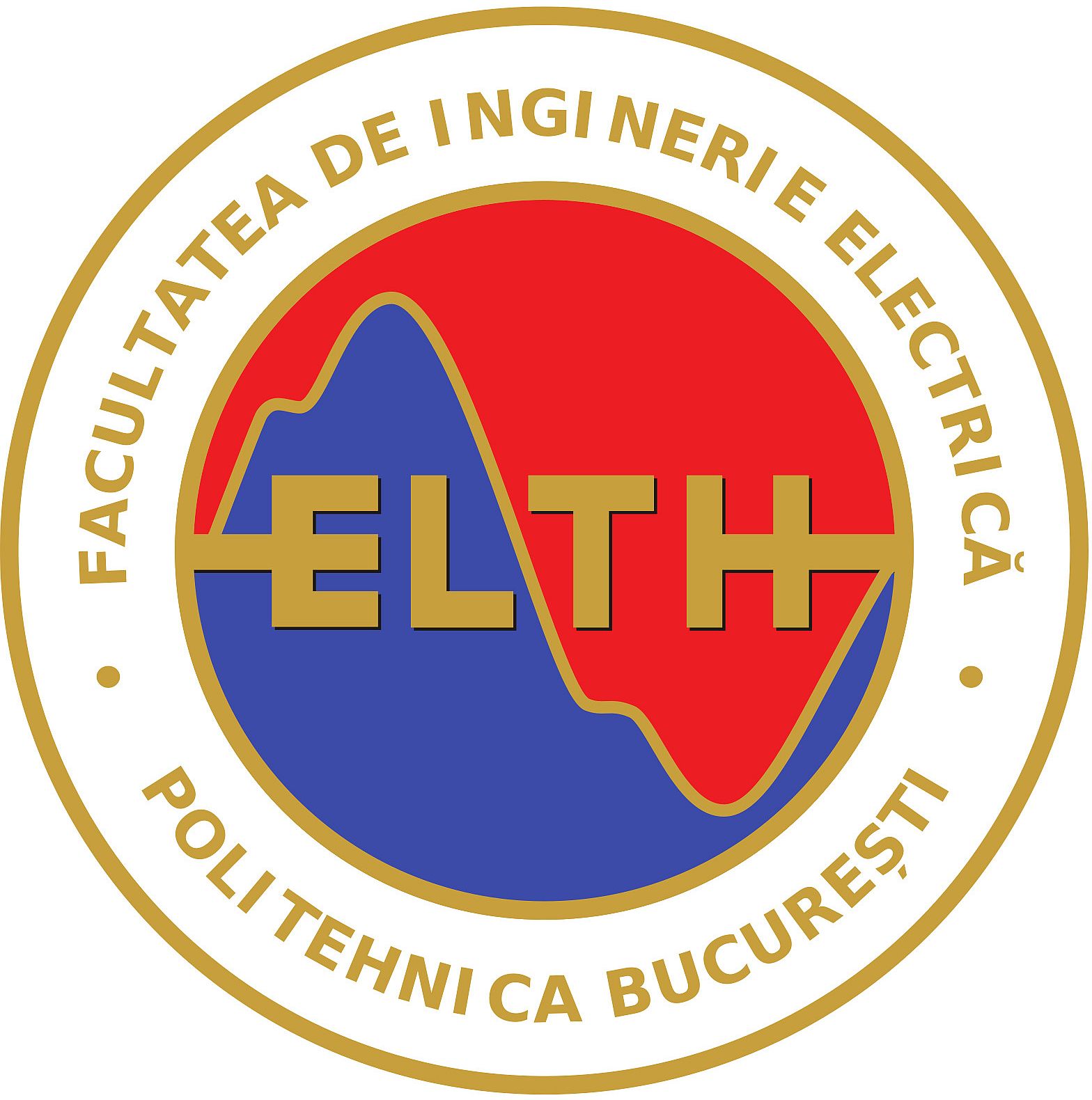Electrical Engineering Faculty has the undergraduate curricula organized in two main streams:
Electrical Engineering in English stream:
- Electrical Engineering and Computers – IEC.
Electrical Engineering in Romanian Stream with four directions of study:
- Electrical Systems – SE;
- Power Electronics and Electric Drives – EA;
- Instrumentations and Data Acquisitions – ID;
- Applied Informatics in Electrical Engineering – IA.
Electrical Engineering and Computers – prepares engineers with basic notions related to the development of software and hardware applications related to electrical system components and will have the necessary expertise to perform design calculations and constructive optimization using specialized software packages. A special emphasis is placed on the development of the knowledge of the future specialist regarding the methods of testing, diagnosis, and maintenance of the components of the electrical systems and of the industrial systems as a whole.
Electrical Engineering and Computers – Study Plans
Electrical Systems – prepares engineers with competences in analysis, calculation and design using modular components of electrical systems and specific software (Matlab, SPICE, Comsol) and the knowledge and application of measurement techniques and electromagnetic compatibility problems for electrical systems, computer-aided conception, design, and realization of equipment for the conversion of electricity and renewable energies, as well as modelling and simulation of their operation.
Power Electronics and Electric Drives – trains engineers with competences in analysing, calculating and designing electrical drives and power electronics systems, knowledge and use of specific software (Matlab, Simulink, PSIM) and knowledge and application of measurement, testing, diagnosis and electromagnetic compatibility techniques specific to the field.
Instrumentations and Data Acquisitions – prepares engineers with competences in the analysis, calculation, and design of the components of the measurement and data acquisition systems, the elaboration and use of software specific to the metrological applications, the analogue and digital processing of the informational signal.
Applied Informatics in Electrical Engineering – prepares engineers with knowledge in the use of information technologies and mathematical models for the calculation, modelling, simulation, and optimization of equipment specific to energy conversion systems as well as the use of professional components for real-time applications in autonomous systems, including the exploitation of the information infrastructure.

